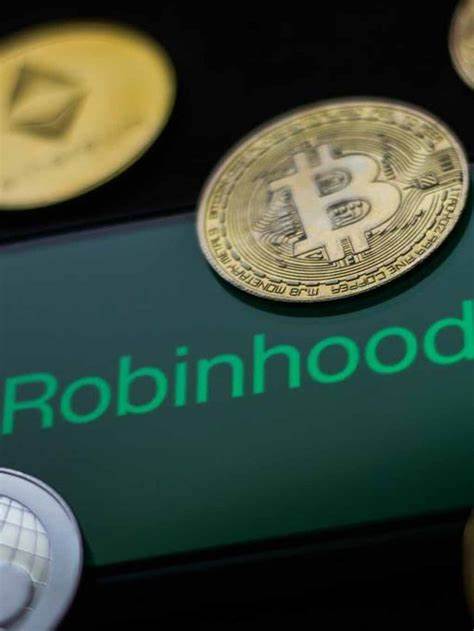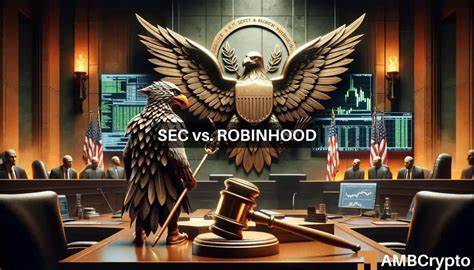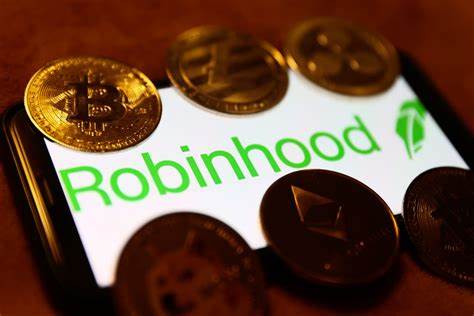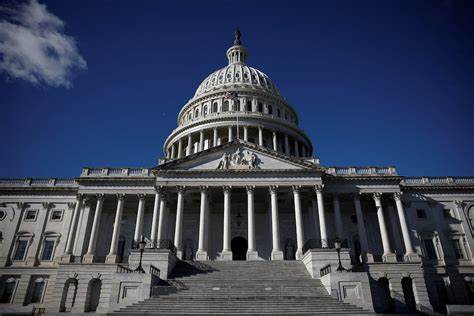В начале мая 2024 года пользователи и аналитики криптовалютного рынка быстро отреагировали на новость о том, что популярное инвестиционное приложение Robinhood получило официальное уведомление от Комиссии по ценным бумагам и биржам США (SEC). Этот документ, известный как Wells Notice, свидетельствует о намерении регулятора возбудить против криптовалютного подразделения Robinhood дело за нарушение федеральных законов, регулирующих деятельность брокеров ценных бумаг. Данное развитие конфликта является далеко не первым случаем, когда SEC проявляет жесткий подход к компаниям, работающим с цифровыми активами. Возникает множество вопросов: что именно стало поводом для расследования, к каким последствиям это может привести для Robinhood и всей криптоиндустрии, а также как это отражается на доверии инвесторов и пользователей платформы. Robinhood, основанная в 2013 году двумя предпринимателями — Байжу Бхаттом и Владом Теневым, получила широкую популярность благодаря возможностям бесплатной торговли, что сделало её особенно привлекательной для молодого поколения розничных инвесторов.
В 2018 году Robinhood расширила спектр своих услуг, добавив торговлю криптовалютой, что позволило ей занять значимую нишу на пересечении традиционных финансов и инновационных цифровых активов. Однако расширение бизнеса привело и к возникновению новых юридических вызовов. Многие эксперты подчеркивают, что линия между традиционными финансовыми инструментами и криптовалютами до сих пор нечеткая, что заставляет регуляторов внимательно анализировать соответствие цифровых активов законам о ценных бумагах. Obtaining a Wells Notice typically precedes formal enforcement actions by SEC, and in the case of Robinhood Crypto, the notice suggests that the SEC preliminarily believes the company may have violated securities regulations — in particular, those governing brokers’ operations. SEC’s main argument, which has been echoed in multiple recent cases involving other major crypto platforms such as Binance and Coinbase, centers around the classification of certain cryptocurrencies as securities.
This implies that platforms facilitating trading of such assets are required to register with SEC and adhere to strict compliance standards similar to those applied in traditional securities markets. In a public statement, Robinhood’s Chief Legal, Compliance and Corporate Affairs Officer Dan Gallagher expressed disappointment over the SEC’s notice and reaffirmed the company’s position that the assets traded on their platform are not securities. This legal position is crucial because it dictates the regulatory framework applicable to Robinhood’s crypto services. According to Gallagher, Robinhood is prepared to vigorously defend their stance and engage with SEC to demonstrate the weaknesses in the charges from both a factual and legal perspective. The increased regulatory scrutiny on Robinhood’s crypto operations is part of a broader trend.
Over the past few years, SEC has intensified enforcement efforts targeting unregulated or insufficiently regulated crypto exchanges and brokers. High-profile cases against companies like FTX and Binance underline regulators’ intent to assert jurisdiction over vast segments of the crypto market that have previously operated with relative freedom. The SEC’s focus is motivated by concerns over investor protection, market integrity, and compliance with established securities laws. The implications for Robinhood are significant. In the event of formal charges, the company could face severe penalties including cease-and-desist orders, civil injunctions, fines, and restrictions on future activities.
Such outcomes could disrupt not only Robinhood's operations but also impact investor confidence in the platform. Considering the vital role Robinhood plays in democratizing investment access, particularly among younger and less experienced investors, regulatory actions could prompt a re-evaluation of the platform's crypto offerings. Additionally, Robinhood's legal challenges have not been confined to the crypto arena. Historically, the company faced criticism and legal action related to outages and trading restrictions during volatile market events, as well as allegations concerning its order-routing practices. The SEC previously settled with Robinhood on claims of misleading clients, resulting in a $65 million payment.
These precedents highlight an ongoing regulatory tension and suggest that recent developments are part of a larger pattern of oversight and enforcement that Robinhood must navigate carefully. The broader crypto market also watches this case closely. Should SEC succeed in establishing that Robinhood’s crypto assets qualify as securities, it could set a precedent affecting other market participants. This could lead to more stringent registration and compliance requirements for crypto exchanges and influence regulatory frameworks internationally. Conversely, a strong defense from Robinhood coupled with a potential dismissal of charges may embolden crypto companies to maintain their current operational models, at least temporarily.
Investors, traders, and industry observers are advised to monitor the situation as it unfolds. Regulatory dynamics in the crypto sphere are evolving rapidly, which can result in heightened volatility and shifting risk landscapes. Robinhood’s response and legal strategy will be pivotal not only for the company’s future but also for regulatory approaches to cryptocurrency trading platforms collectively. In conclusion, SEC's notification of possible charges against Robinhood’s cryptocurrency division underscores the increasing regulatory challenges facing the crypto industry. While Robinhood contests the classification of its assets as securities and plans to defend its position rigorously, the outcome of this dispute will likely have far-reaching implications.
It highlights the ongoing struggle to define legal frameworks for emerging technologies and the balancing act between fostering innovation and ensuring investor protection. For the millions of users relying on platforms like Robinhood, these developments could reshape the accessibility and reliability of cryptocurrency trading for years to come.








